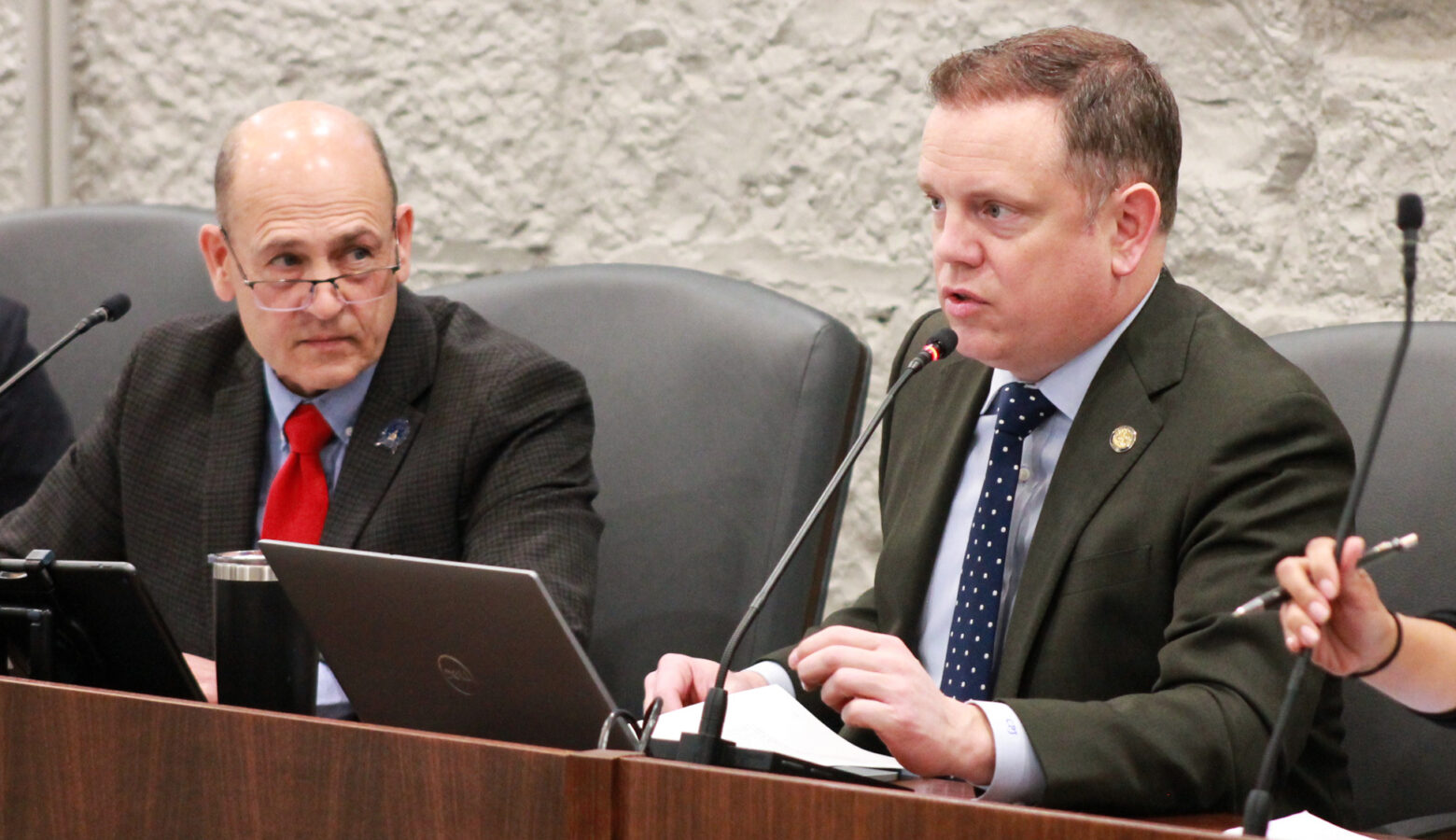Legislature approves bill banning diversity, equity, inclusion in government and schools

A significantly scaled-back bill that aims to ban diversity, equity and inclusion practices in state government and public education is headed to the governor’s desk.
Sen. Gary Byrne (R-Byrneville) said his measure, approved by the House and Senate Thursday, is simpler and more straightforward than previous versions.
“State agencies, public universities and public schools cannot discriminate based on race, religion, color, sex, national origin or ancestry,” Byrne said. “That’s really the heart of the bill.”
SEA 289 removes requirements that public college boards of trustees must have diversity committees.
And it bans public employers from requiring training that assert someone’s personal characteristics are inherently superior or inferior; that a person, by virtue of their characteristics, should be blamed for actions committed in the past; or that a person’s moral character is determined at all by their personal characteristics.
Sen. J.D. Ford (D-Indianapolis) said the bill is about twisting diversity, equity and inclusion into something they’re not and ignoring that not everyone starts in the same place.
“DEI doesn’t lower the bar; it expands the stage,” Ford said. “It brings more voices, more talent, more innovations to the table.”
Join the conversation and sign up for our weekly text group: the Indiana Two-Way. Your comments and questions help us find the answers you need on statewide issues, including our project Civically, Indiana and our 2025 bill tracker.
Sen. LaKeisha Jackson (D-Indianapolis) said the legislation ignores America’s history.
“We scared to say Black, y’all,” Jackson said. “We scared to give our friends and neighbors — minorities — a helping hand, because they do need it. Our Constitution reflects it. We’re not on an equal playing field.”
The House had also added language to the measure to, in Byrne’s words, protect existing state scholarship programs aimed at helping minority students join the teaching profession.
Byrne said a recent U.S. Supreme Court decision banning race-based admissions in higher education threatened the existence of those scholarships.
“You can’t just use race to base the award of those scholarships,” Byrne said.
Instead, the scholarships are now limited to students in five of Indiana’s most populous counties: Allen, Marion, Lake, St. Joseph and Vanderburgh.
Sen. Lonnie Randolph (D-East Chicago) said that language undermines the original intent of the scholarships by excluding so many Hoosier students.
“I saw earlier about half a dozen African American young people upstairs,” Randolph said. “They’re probably not from all these counties. So, they don’t get a chance to participate, to apply for these scholarships.”
The House and Senate both passed the bill largely along party lines, with just a few Republicans senators joining Democrats in voting no.
Brandon is our Statehouse bureau chief. Contact him at bsmith@ipbs.org or follow him on Twitter at @brandonjsmith5.

